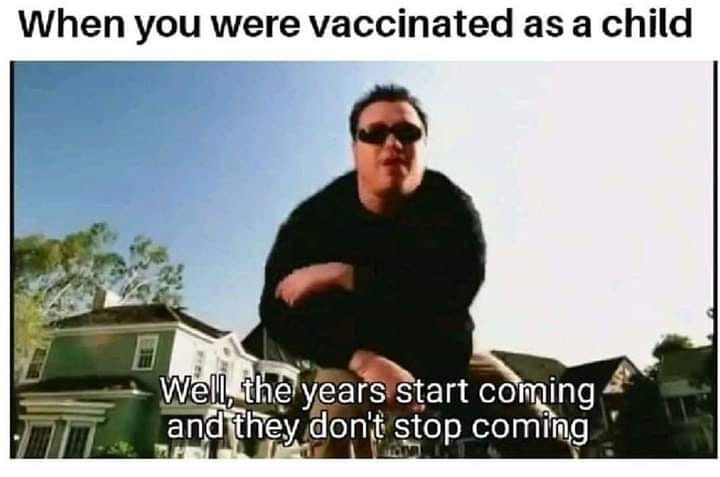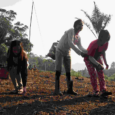The World Health Organization (WHO) annually releases a list of the top ten threats to global health. This is done to highlight areas which need attention and to outline the progress which can be done. In 2019, the list ranges from the impacts of physical activity to the impacts of the environment on our health.
Perhaps one of the most worrying is the anti-vax movement or ‘vaccine hesitancy’, as called by the WHO. They describe it as “the reluctance or refusal to vaccinate despite the availability of vaccines.” There are a number of reasons behind this but the most prominent is the belief that the vaccination might in some way harm the child. A particular theory is that vaccinations cause autism in children.
While no scientific proof has ever explicitly made that link, vaccines have been evidenced to prevent 2-3 million deaths a year. The WHO predicts 1.5 million more lives could be saved if vaccine coverage improved. Meanwhile, the rise of the anti-vax movement coincides with a 30% rise of measles cases globally.
The state of Washington has actually just declared a public health emergency due to an outbreak of measles. It is highly maintained that similar outbreaks are likely to happen all over the world this 2019 if individuals remain unvaccinated. Some speculate that the recent spread of the flu here in Manila is related to the weakened immune systems of those without vaccinations.
Other threats listed by the WHO are as follows: air pollution and climate change, noncommunicable diseases, global influenza pandemic, fragile and vulnerable regions, antimicrobial resistance, Ebola and other high-threat pathogens, weak primary health care, dengue, and HIV.
Where do you stand on the vaccine debate?
Sources: WHO






